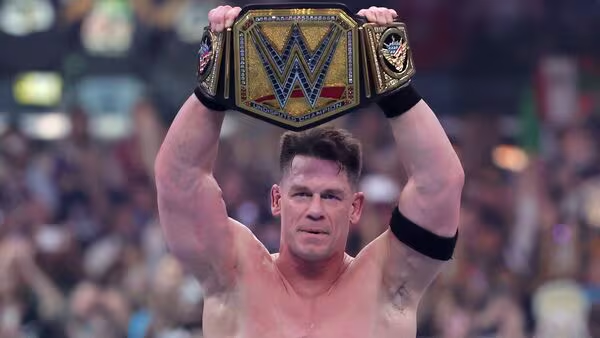
Former Indian prime minister Manmohan Singh dies aged 92
Manmohan Singh, the former Prime Minister of India who guided the country through a period of immense economic transformation, has passed away at the age of 92. Singh, who served as the 13th Prime Minister of India from 2004 to 2014, died on January 1, 2025, at his residence in New Delhi. His death marks the end of an era for India, as he was one of the most respected and influential figures in the country’s modern political history.
Manmohan Singh, a distinguished economist, was known for his pivotal role in India’s economic liberalization in the 1990s. Under his leadership, the country embraced a series of reforms that opened up the economy, turning India into one of the world’s fastest-growing major economies. Singh’s legacy is often defined by his expertise in economic policy, his calm demeanor, and his ability to navigate the complex political landscape of India.
Singh was born on September 26, 1932, in the village of Gah, which is now in Pakistan. He grew up in the turbulent times of India’s partition and went on to pursue higher education at some of the world’s most prestigious institutions, including the University of Cambridge and Oxford University. As a scholar, he excelled in the fields of economics and public administration, and his knowledge and experience were key to his later success in the political arena.
His tenure as Prime Minister is remembered for India’s economic growth, as well as his efforts to strengthen the country’s ties with the United States and other global powers. Under his leadership, India signed the landmark Indo-US nuclear deal in 2008, a move that was controversial at the time but ultimately bolstered India’s global standing. His government also focused on infrastructure development, rural poverty alleviation, and expanding India’s digital capabilities.
Despite his successes, Singh faced significant challenges during his time in office, including a series of corruption scandals that marred the latter part of his tenure. However, his reputation as a man of integrity remained largely intact, with many viewing him as a leader who prioritized the country’s welfare over political gains. His calm and methodical approach to governance earned him respect both within India and abroad.
The announcement of Singh’s death has been met with an outpouring of grief and tributes from leaders across the political spectrum. Indian President Droupadi Murmu expressed deep sorrow, calling Singh “a visionary statesman” who played a crucial role in shaping modern India. Prime Minister Narendra Modi also paid his respects, acknowledging Singh’s unparalleled contribution to India’s growth. “His service to the nation will always be remembered,” Modi said in a statement.
Singh’s passing has left a void in Indian politics, and many see it as the end of an era of economic reform and progressive governance. His leadership, marked by pragmatism and cautious optimism, left a lasting imprint on India’s development and its place on the global stage.
Funeral arrangements are expected to be announced shortly, and Singh’s family has requested privacy during this difficult time. His legacy as an economist and statesman, however, will endure for generations to come.
Discover more from The Talkative Indian
Subscribe to get the latest posts sent to your email.
























